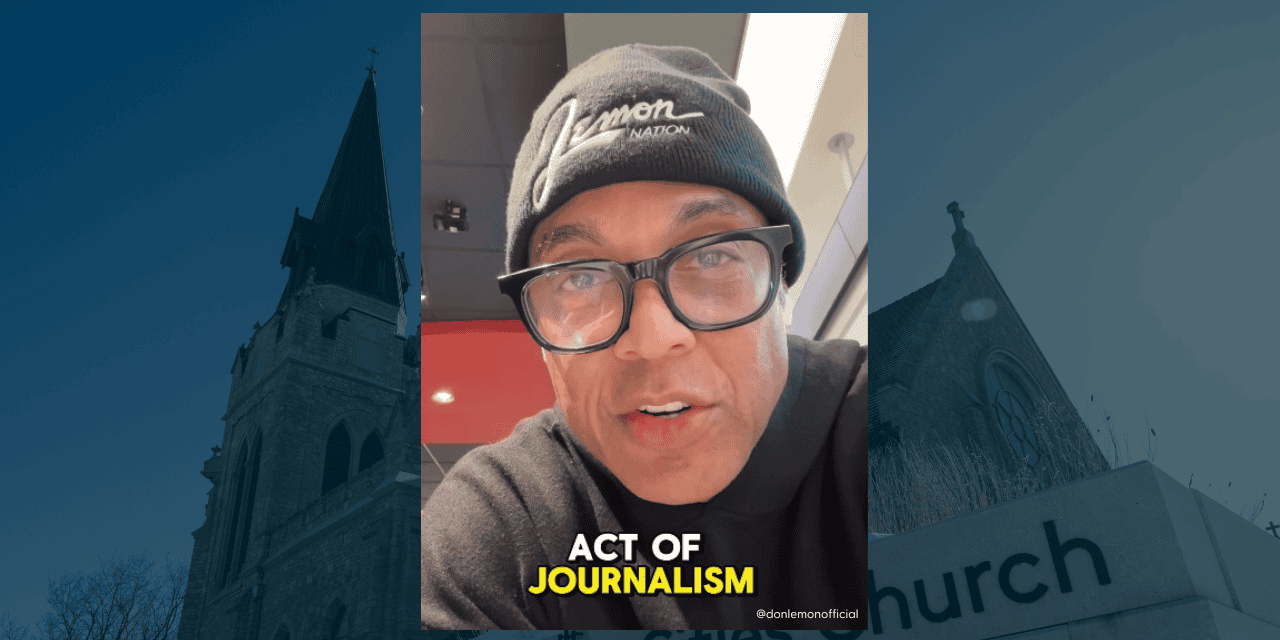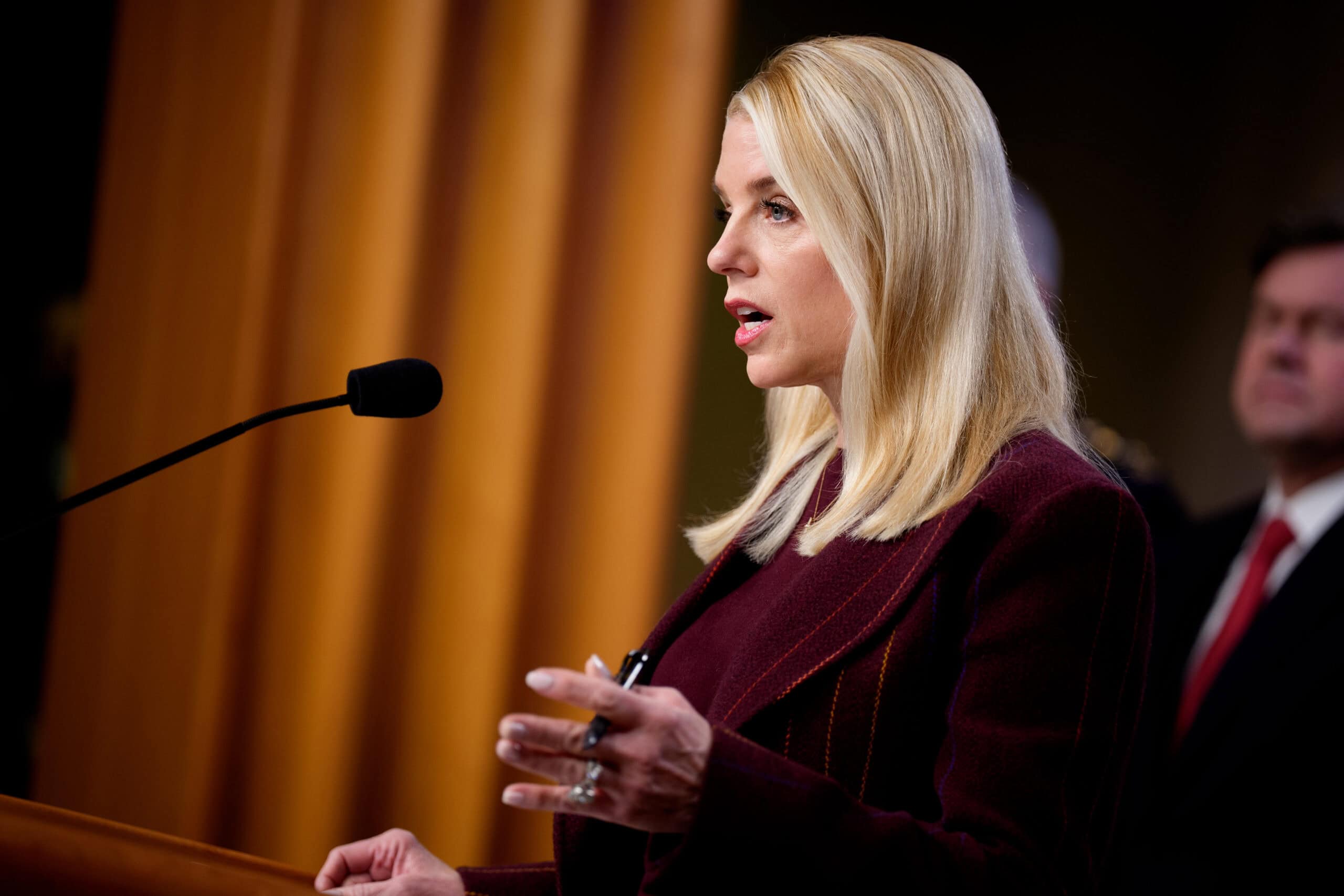Supreme Court Won’t Block Maine’s Vaccine Mandate for Healthcare Workers

The Supreme Court has ruled against a request from nine Maine healthcare workers seeking religious exemptions from the state’s COVID-19 vaccine mandate.
On August 12, 2021, Maine Governor Janet Mills announced that her administration would require healthcare workers in Maine to be fully vaccinated against COVID-19.
In a FAQ section discussing the mandate, the governor’s office states plainly whether there is a religious exemption to the mandate: “No.”
Maine began enforcing the mandate on October 29 – the same day the high court opted not to grant the healthcare worker’s request for relief.
The healthcare workers who asked the Supreme Court for help, according to their petition filed at the court, “have sincerely held religious beliefs that preclude them from accepting any of the COVID-19 vaccines because of the vaccines’ connection to aborted fetal cell lines.”
Their petition notes that the workers have “sincere religious beliefs regarding the sanctity of every human life, from the moment of conception,” and asserts “the undeniable and generally accepted fact that all three of the available COVID-19 vaccines were either developed, researched, tested, produced or otherwise developmentally associated with fetal cell lines that originated in elective abortions.”
In the eyes of these healthcare workers, they now face a startling choice: violate their deeply held religious convictions or be unable to provide food for their families.
Justice Barrett, joined by Justice Kavanaugh, wrote a one-page opinion concurring in the court’s decision, explaining why they opted not to take up the case.
These two justices see it as unlikely that the high court would ultimately accept the case for full consideration because the case “is the first to address the questions presented.”
“This discretionary consideration counsels against a grant of extraordinary relief in this case,” Justice Barrett penned.
Justice Gorsuch, joined by Justices Thomas and Alito, dissented from the court’s decision.
In his dissent, Justice Gorsuch wrote, “The applicants before us are a physician who operates a medical practice and eight other healthcare workers. No one questions that these individuals have served patients on the front line of the COVID–19 pandemic with bravery and grace for 18 months now (citation omitted).”
“Yet, with Maine’s new rule coming into effect, one of the applicants has already lost her job for refusing to betray her faith; another risks the imminent loss of his medical practice. The applicants ask us to enjoin further enforcement of Maine’s new rule as to them … I would grant that relief.”
Even though Maine doesn’t permit any religious exemptions to the vaccine mandate for healthcare workers, it does permit medical exemptions.
Under the Supreme Court’s precedents, if the government burdens the free exercise of religion, it must do so in a “neutral and generally applicable” manner.
As explained by Justice Gorsuch, when Maine created an exemption from the mandate for medical reasons, but not for religious ones, the state violated the First Amendment.
“The State allows those invoking medical reasons to avoid the vaccine mandate on the apparent premise that these individuals can take alternative measures (such as the use of protective gear and regular testing) to safeguard their patients and co-workers. But the state refuses to allow those invoking religious reasons to do the very same thing,” Justice Gorsuch wrote.
Additionally, the state argued to the court that the mandate is necessary to protect Maine’s healthcare infrastructure by prevention COVID-19 infections (and therefore absences) among medical staff.
But, because of the loss of employees due to the mandate, the state may bring about the very thing it ostensibly imposed the mandate to prevent.
“If the State refuses religious exemptions,” Justice Gorsuch wrote, “religious workers will be fired for refusing to violate their faith, which will also mean fewer healthcare workers available to care for patients.”
As we prepare to begin our third year dealing with the COVID-19 pandemic, a sentence penned by the justice is worth concluding with:
“If human nature and history teach anything, it is that civil liberties face grave risks when governments proclaim indefinite states of emergency.”
The case is Does v. Mills.
Photo from Shutterstock.
ABOUT THE AUTHOR
Zachary Mettler is a writer/analyst for the Daily Citizen at Focus on the Family. In his role, he writes about current political issues, U.S. history, political philosophy, and culture. Mettler earned his Bachelor’s degree from William Jessup University and is an alumnus of the Young Leaders Program at The Heritage Foundation. In addition to the Daily Citizen, his written pieces have appeared in the Daily Wire, the Washington Times, the Washington Examiner, Newsweek, Townhall, the Daily Signal, the Christian Post, Charisma News and other outlets.
Related Posts

Was Don Lemon a Protestor, a Journalist or a Worshipper in Cities Church Disruption?
February 13, 2026

Pastor Son’s Trial and the Crisis in South Korea
January 22, 2026


